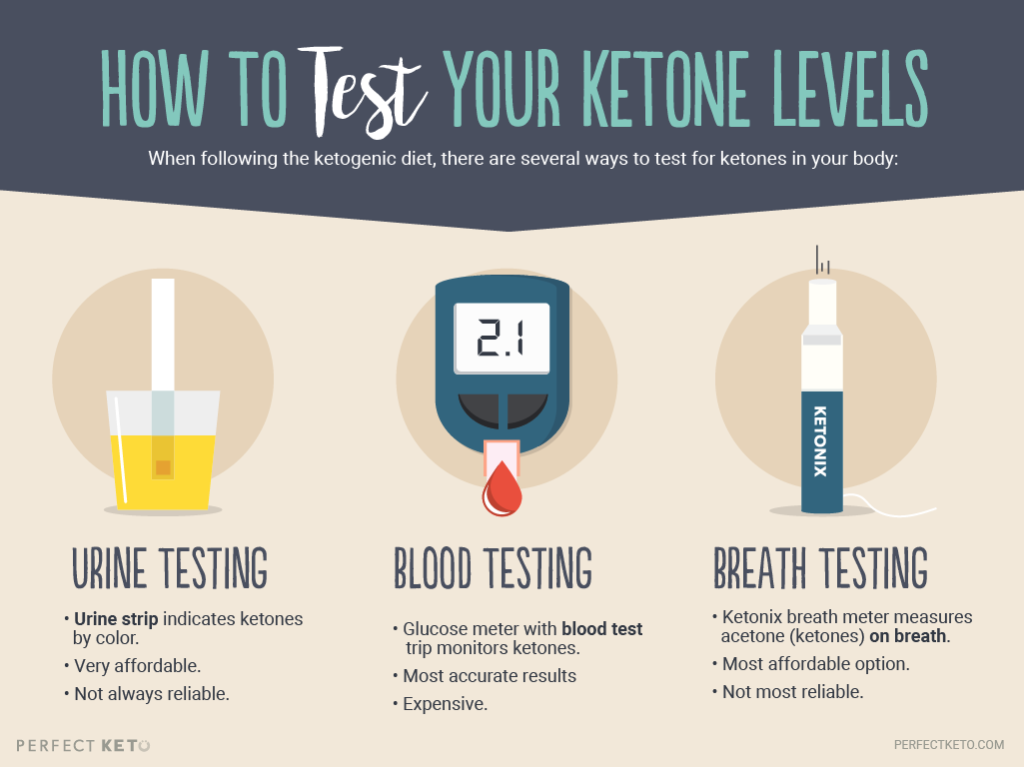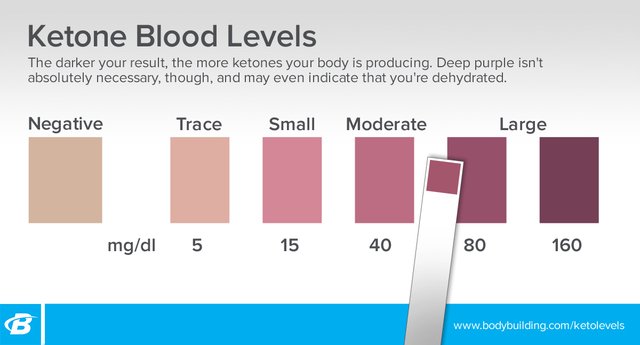what does low ketone levels mean What does ketone levels in urine and blood mean? – blood test results
When it comes to maintaining a healthy lifestyle, understanding our body’s ketone levels is vital. Ketones are chemicals produced by the liver when there is a shortage of insulin or glucose in the body. They are an alternative energy source for the body and are commonly associated with a low-carb, high-fat diet, known as the ketogenic diet.
What Are Ketones?
 Ketones are small fuel molecules generated when the body breaks down fat for energy. This is why they are prominent in individuals following a ketogenic diet, as the body primarily burns fat instead of carbohydrates. In simpler terms, ketones are a backup fuel source that our bodies create during certain conditions.
Ketones are small fuel molecules generated when the body breaks down fat for energy. This is why they are prominent in individuals following a ketogenic diet, as the body primarily burns fat instead of carbohydrates. In simpler terms, ketones are a backup fuel source that our bodies create during certain conditions.
Understanding Ketone Levels in Urine and Blood
 There are various methods to measure ketone levels, including urine tests and blood tests. These tests help individuals on a ketogenic diet to determine if they are in a state of ketosis, where their body is effectively burning fat for energy.
There are various methods to measure ketone levels, including urine tests and blood tests. These tests help individuals on a ketogenic diet to determine if they are in a state of ketosis, where their body is effectively burning fat for energy.
Urine ketone tests use special strips called dipsticks that change color when they come into contact with ketones in urine. The intensity of the color change determines the level of ketones present. While this method is affordable and convenient, it may not provide the most accurate results as the concentration of ketones in urine can fluctuate throughout the day.
Blood ketone tests, on the other hand, measure the actual concentration of ketones in the blood. This method is considered more reliable than urine tests, providing precise and instant results. Blood ketone testing typically involves pricking the finger with a lancet and using a meter to analyze the blood sample.
It is essential to understand that ketone levels vary from person to person. Generally, a blood ketone level between 0.6 to 1.5 millimoles per liter (mmol/L) indicates nutritional ketosis. Higher levels, such as 3.0 mmol/L or above, may suggest a state of diabetic ketoacidosis (DKA), which is a severe medical condition requiring immediate medical attention.
It is important to note that ketone testing should be done in conjunction with other indicators and under the guidance of a healthcare professional. Factors such as exercise, hydration, and certain medical conditions can influence ketone levels. Regular monitoring and consultation with a healthcare provider can help ensure an accurate interpretation of ketone test results.
Whether you are following a ketogenic diet or managing a medical condition, understanding ketone levels can provide valuable insights into your body’s metabolic state. Monitoring and maintaining appropriate ketone levels can contribute to overall health and well-being.
If you are looking for Ask The Supplement Expert: Will Ketones Help Me Burn Fat? you’ve visit to the right place. We have 5 Images about Ask The Supplement Expert: Will Ketones Help Me Burn Fat? like What Are Ketones? - Perfect Keto Exogenous Ketones, Ask The Supplement Expert: Will Ketones Help Me Burn Fat? and also The Ultimate Guide On How To Get Into Ketosis Fast? (Under 36 Hours. Here you go:
Ask The Supplement Expert: Will Ketones Help Me Burn Fat?
 www.bodybuilding.comketones ketone blood ketosis bodybuilding
www.bodybuilding.comketones ketone blood ketosis bodybuilding
The Ultimate Guide On How To Get Into Ketosis Fast? (Under 36 Hours
 bodyketosis.comketosis bodyketosis usually
bodyketosis.comketosis bodyketosis usually
Becoming A Fat-burner: Finally Keto-adapted – One Life
 tobiasschelle.comketo ketone fat adapted blood test levels becoming burner finally result
tobiasschelle.comketo ketone fat adapted blood test levels becoming burner finally result
What Does Ketone Levels In Urine And Blood Mean? – Blood Test Results
 bloodtestsresults.comketone urine
bloodtestsresults.comketone urine
What Are Ketones? - Perfect Keto Exogenous Ketones
 www.perfectketo.comketones ketosis testing ketone diet into test levels ketogenic keto urine blood weight loss exogenous methods check quickly measuring long
www.perfectketo.comketones ketosis testing ketone diet into test levels ketogenic keto urine blood weight loss exogenous methods check quickly measuring long
Becoming a fat-burner: finally keto-adapted – one life. Ketosis bodyketosis usually. Keto ketone fat adapted blood test levels becoming burner finally result